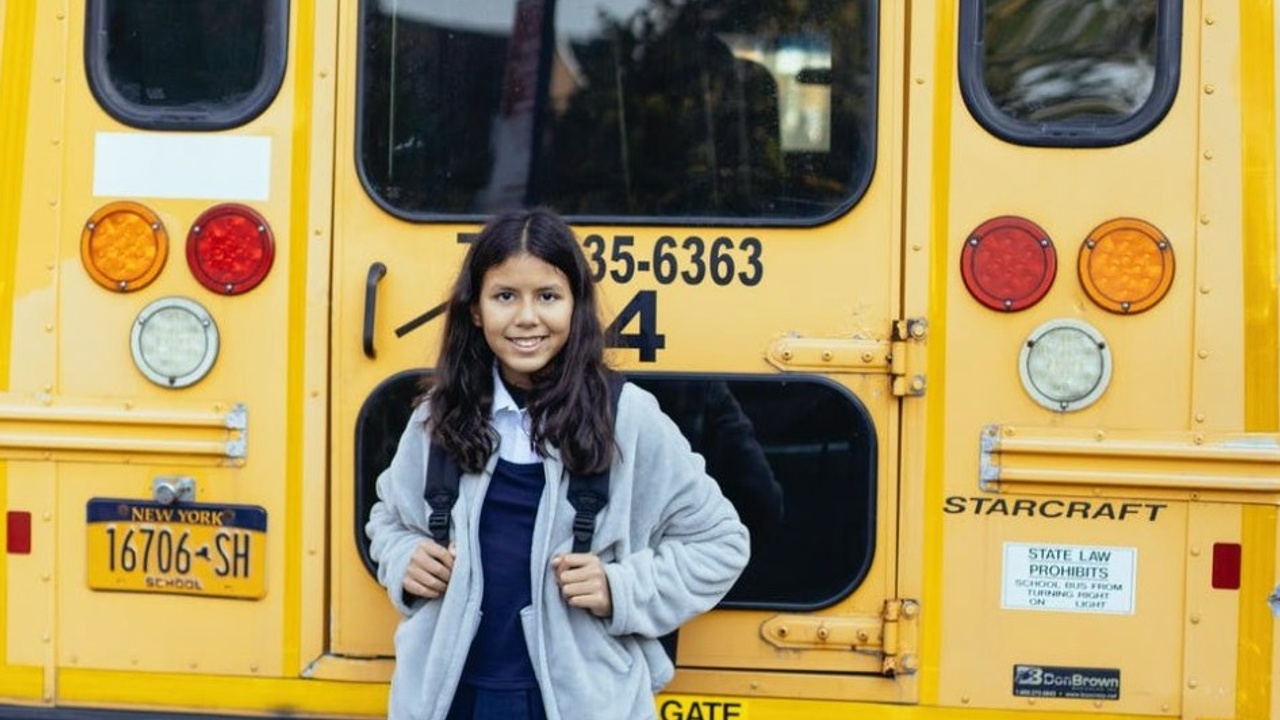She is so much more.
Aug 05, 2021

I often touch on how important it is to move beyond the generic support framework for our autistic children in the classroom. This includes a timer, dot points on the board and visuals.
Whilst these are really great supports for many of our children, I often see them used without further exploration, with many assumptions made about our childrens' capacity when they don't follow instructions or directions.
The more common scenario for this to occur is with our non-speaking children.
How easily many adults overlook the child and base their entire understanding and approach around their perceived deficit - their lack of pronunciation as a form of communication.
When we limit our understanding of a person and our exploration of their support needs based on what we perceive as their deficits in association with their disability, this is called pathologising.
Our non-speaking neurokin communicate in many ways but first and foremost are children!
There was a time where a non-speaking autistic child I supported was getting on the school bus, taking her seatbelt off and getting out of her seat while the bus was moving.
She would walk up and down the bus, giggling in hysterics as the support team encouraged her to seat herself and put her seatbelt back on.
I received a call from the school letting me know they were focusing on bus safety in the classroom and using a visual on the bus for this gorgeous girl to "understand".
As she continued to take her seatbelt off and walk around the bus giggling her cheeky little way through, I received another call.
"We're going to introduce a visual schedule with all of the children's faces from the bus, showing which stop is theirs so she isn't confused about when it's her time to get out of her seat".
Too much.
I knew intuitively, as I knew this little one well, that she was hilarious, mischievous and loved getting a kick out of the reactions of others when she did things she wasn't meant to do.
I sat with her one evening and I said to her quietly, with her drawn in close "Have you been having fun getting a laugh from everyone's panic on the bus, have you?" and she broke into a loud, belly held fit of laughter.
I decided to meet the bus with her the following morning.
"We've had a little chat about getting out of our seat," I said to the bus escort.
"Ohh, do you think she understands?" she asked.
"Yes, of course, you do, don't you Miss Mandy?" I said as she was sitting there.
She let out a loud shriek and giggled.
In the end, the year 6 boys from her specialist school protected her, extending an arm or saying to her "Come on, Mandy, seatbelt on" each time she went to take her belt off and wander for a laugh.
Autistic kids seeing and protecting their own.
The point is, autistic kids are cheeky, mischievous, hilarious and fabulous!
Sometimes, our beautiful kids just can't catch a break. They're either seen as naughty or as completely incoherent and unintelligent.
This is why an in-depth understanding of autistic neurobiology in all its variations is so important to learn about FROM AUTISTIC PEOPLE.
The books are the problem. They represent a pathology, not people.
Our children are pathologised and sometimes those visuals infantilise more than they support.
From the perspective of Mandy who was being playful and looking for a laugh, the response was to bombard her with bus safety education, and a range of visuals and schedules.
It's okay to strip everything we *think* we know away and bring it back to basics.
Kids are kids.
Yep, we autistic folx have varying expressions and sometimes where we are non-speaking, your understanding of us requires a more in-depth exploration, but we are so much more than a pathology.
We are people.
- KF